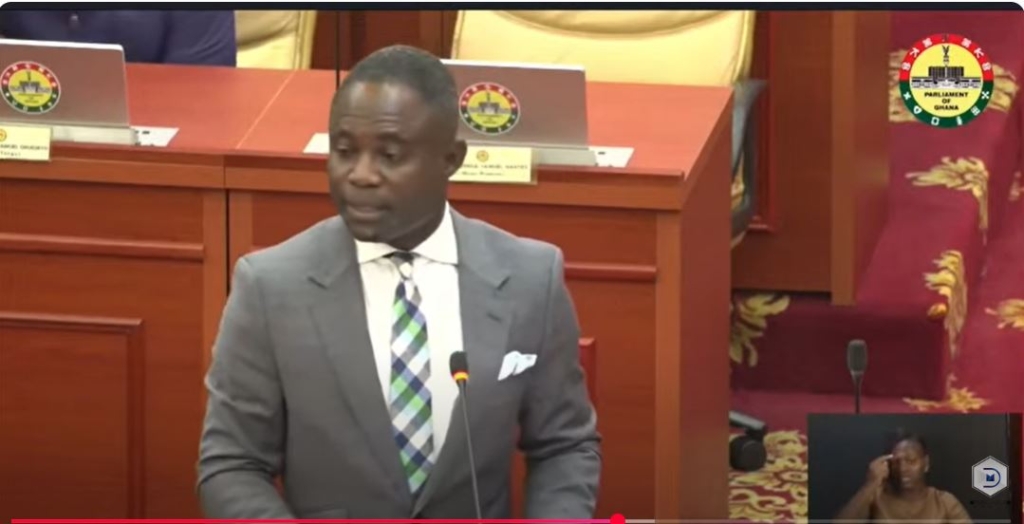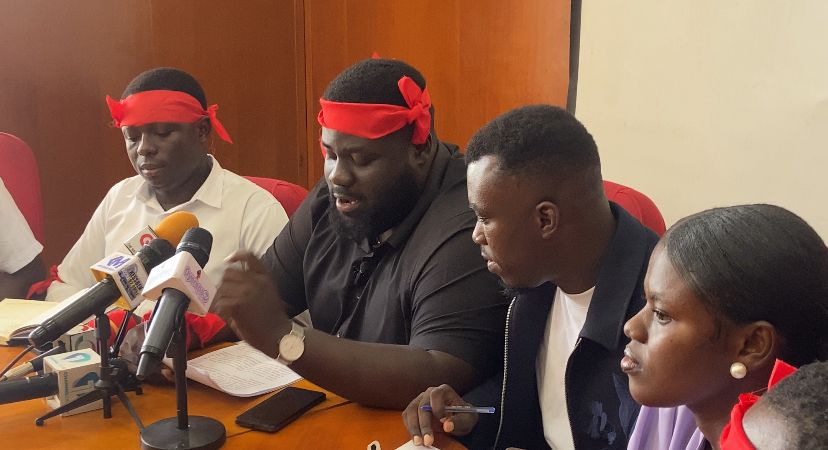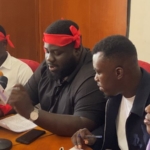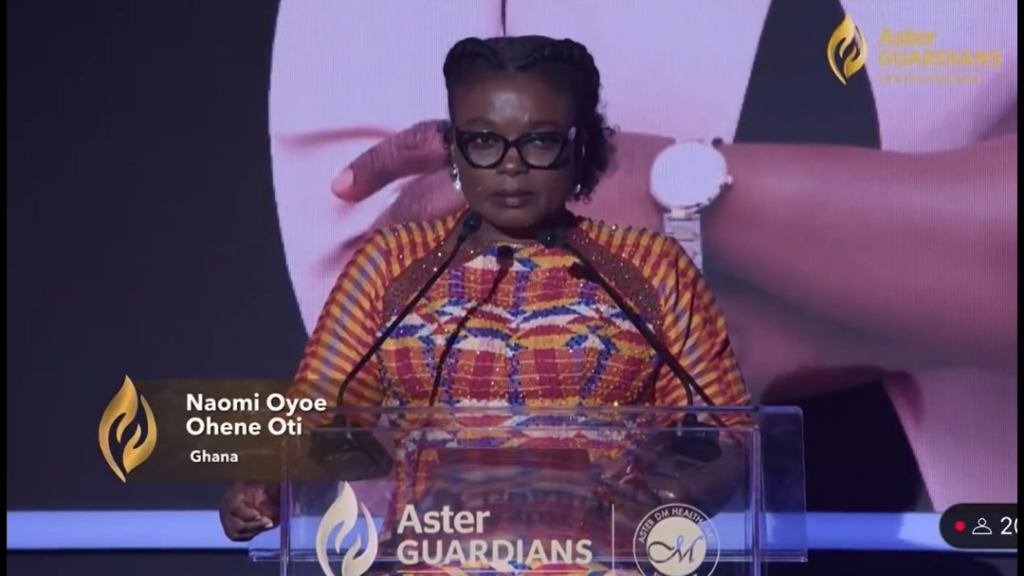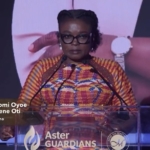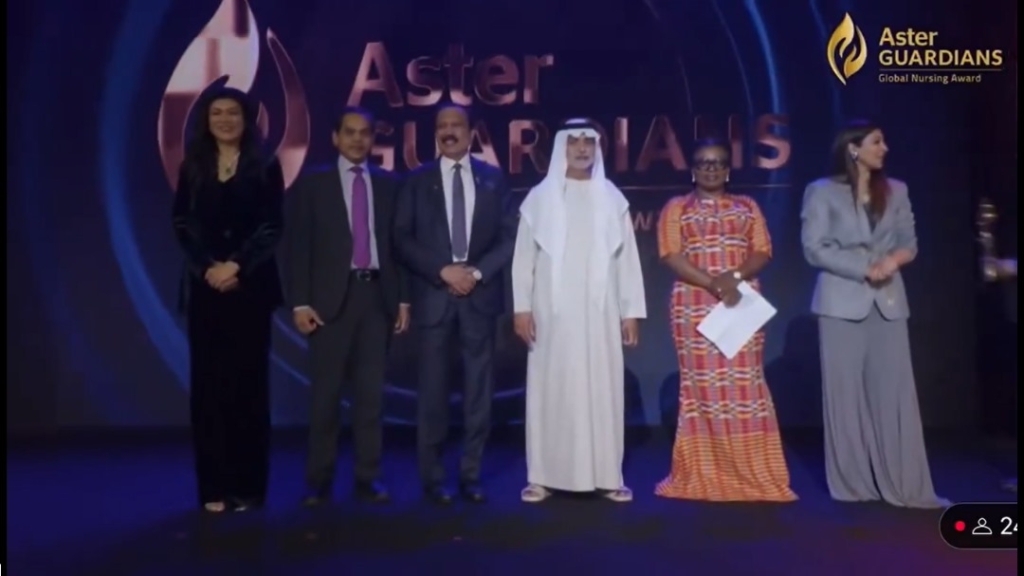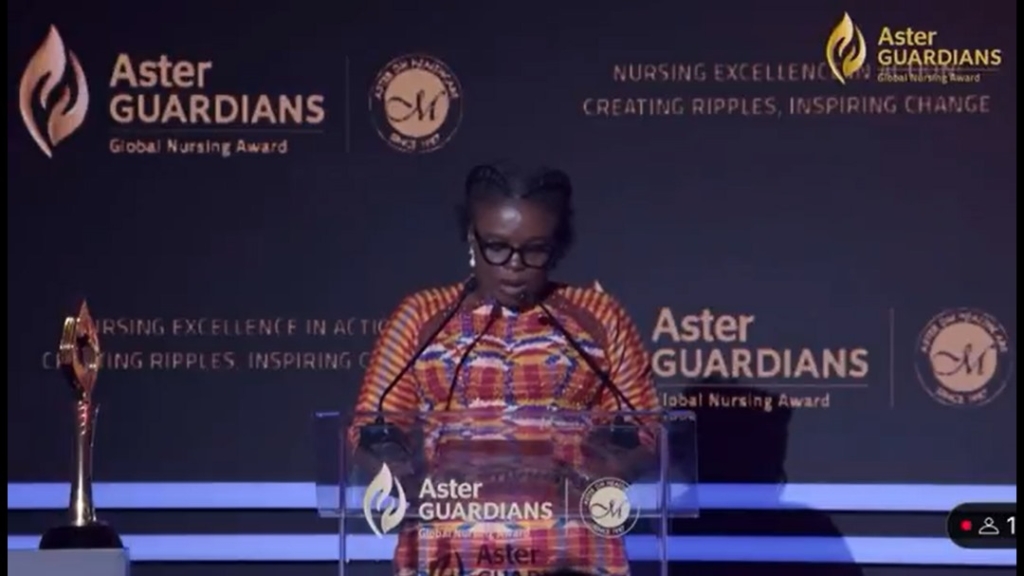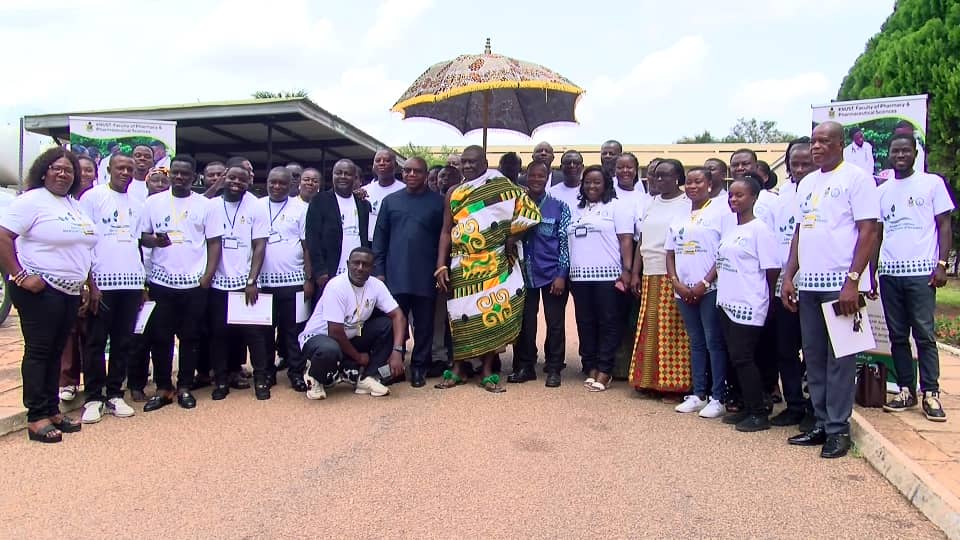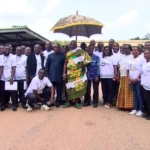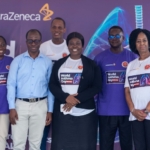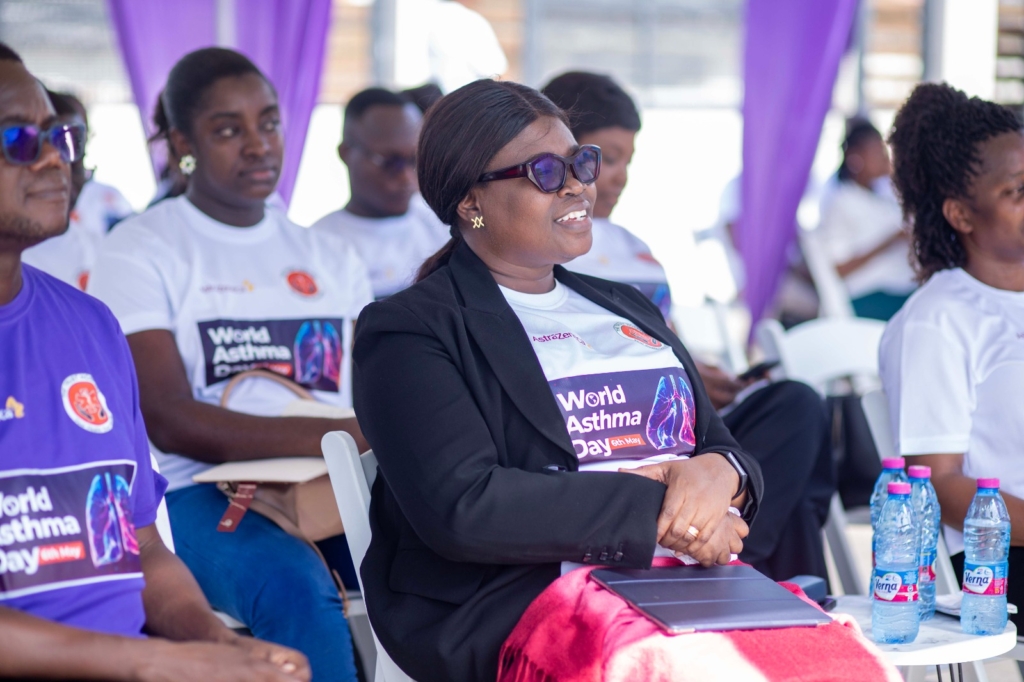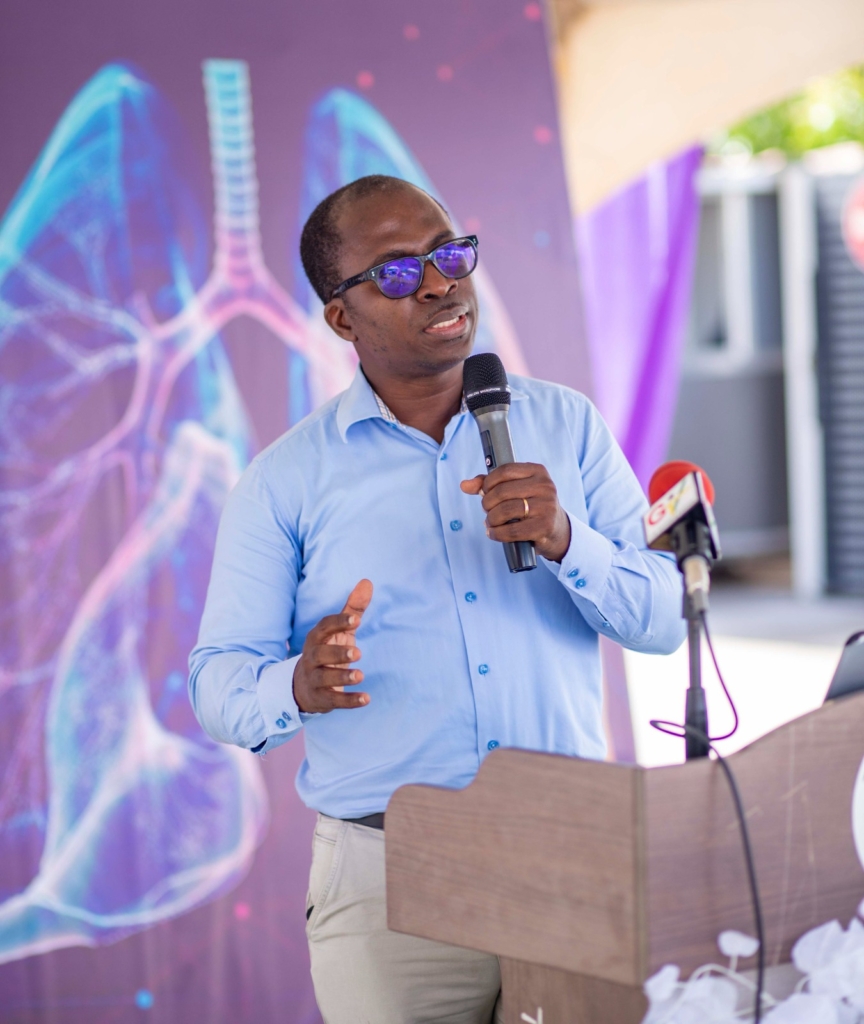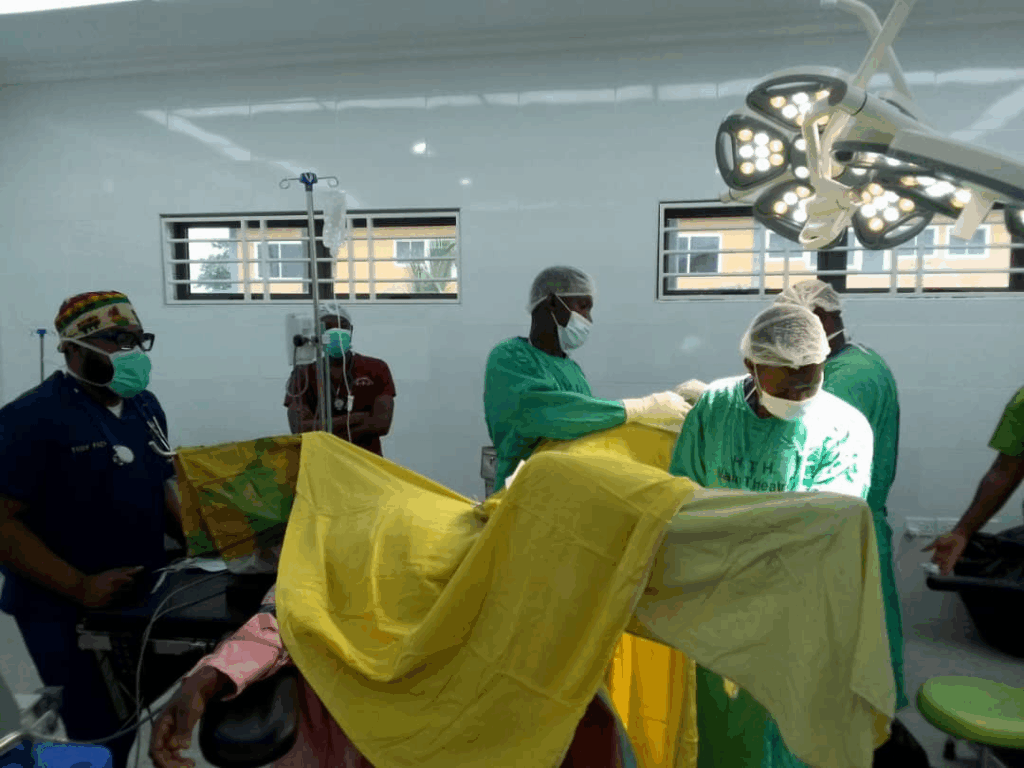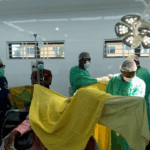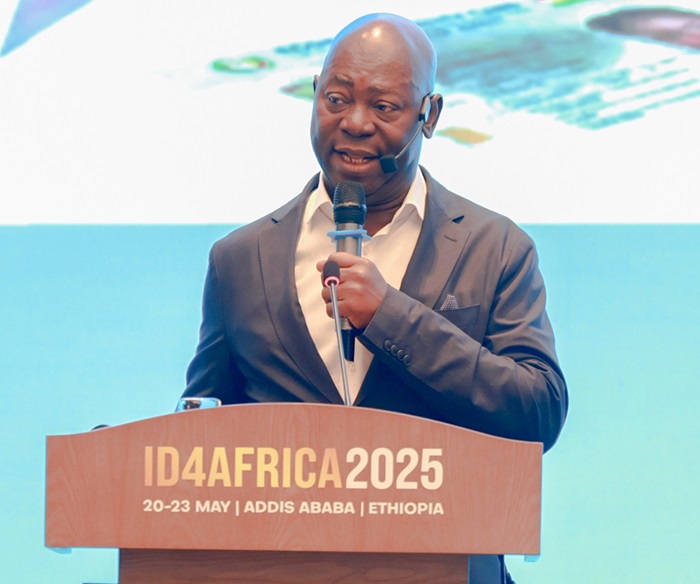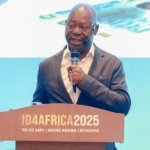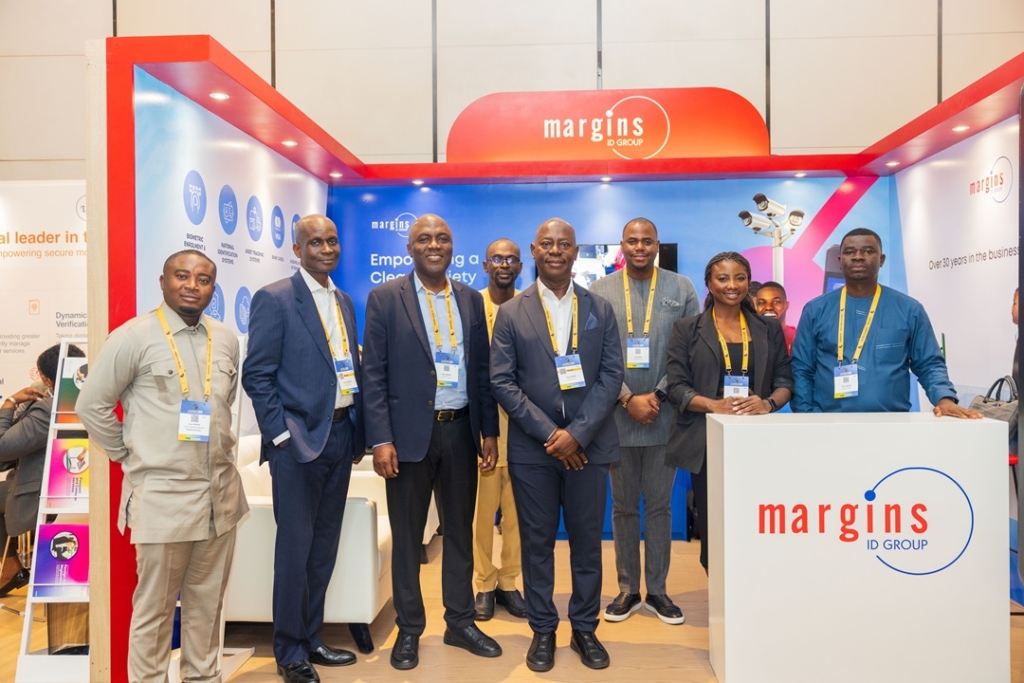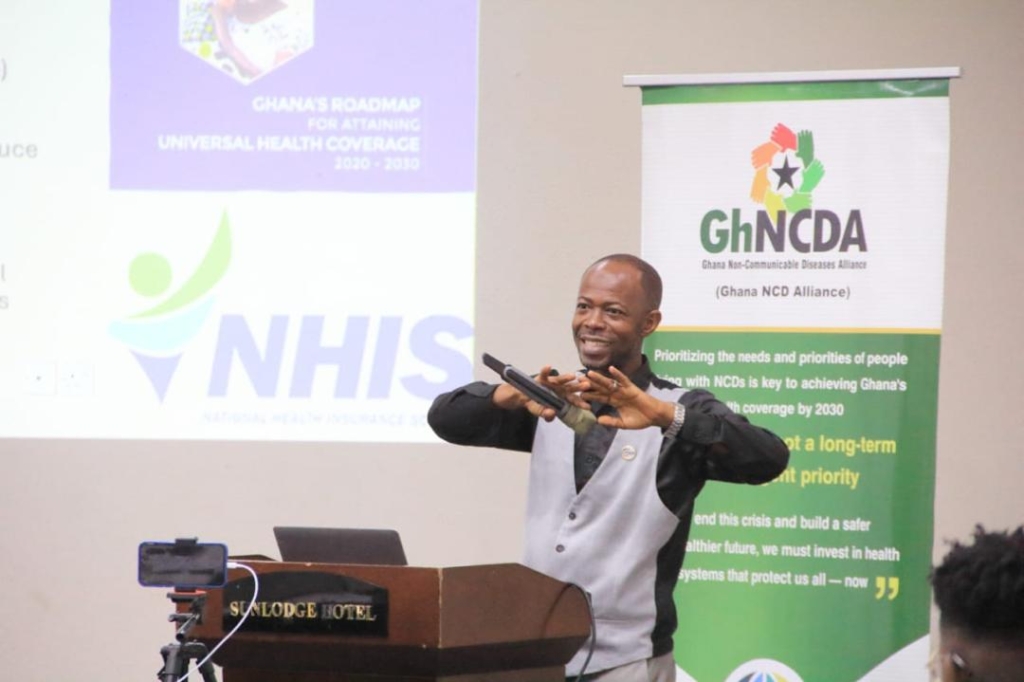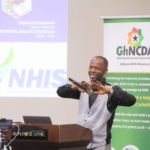Health worker cries out over crumbling infrastructure in Nkwanta North
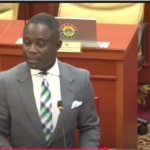
A health professional in the Nkwanta North District, Edmond Amos Ameamu, is concerned over he says is “deteriorating infrastructure” that is crippling healthcare delivery in the area.
He is calling for urgent intervention from government and stakeholders to address the crisis.
Mr. Ameamu, who has served in the district for over 14 years, says persistent power outages and low voltage are severely affecting critical services, especially the storage of vaccines and the safe delivery of babies at night.
“Midwives running night shifts have to depend on torchlights to conduct deliveries, putting the lives of both mother and child at risk,” he stated in an open letter to stakeholders.
He revealed that the absence of backup generators is undermining the district’s cold chain system, raising serious concerns about vaccine potency.
“Refrigerators, fans, and even bulbs cannot function efficiently. Food preservation has become nearly impossible,” he added.
Mr. Ameamu also lamented the deplorable state of roads in the district, particularly the Nkwanta to Kpassa stretch.
He explained that poor road conditions are delaying emergency responses and putting patients at further risk.
“A journey that should take 20 minutes now takes more than an hour,” he said.
The health worker further decried poor telecommunication services, noting that weak network connectivity hampers coordination among health professionals and affects timely communication with patients during emergencies.
He is appealing to authorities to invest in renewable energy solutions, fix the road network, and upgrade telecommunication infrastructure to ensure that residents of Nkwanta North have access to reliable and efficient healthcare.
Mr. Ameamu’s call underscores the urgent need for systemic improvements to protect lives and support frontline health workers in the district.
Read his letter below;
OPEN LETTER TO STAKEHOLDERS IN NKWANTA NORTH
Dear Friends and Stakeholders,
As a dedicated health professional and convener serving the people of Nkwanta North in the Oti Region for the past 14 years, I’m writing to share the daily struggles we face in delivering quality healthcare. Electricity, water, a good road network and security are basic needs for every citizen in Ghana, including health professionals. Undeniably, all these basic needs mentioned in the district are either deficient or not available. Frequent power outages and low current supply are crippling our efforts and must be looked at immediately.
Our cold chain system where potency of Vaccines heavily depends on is highly questioned in the absence of backup generators. Midwives running night shift have to depend on flashlights (touch lights) to conduct delivery, putting the lives of both baby and mother at a preventable risk. You can imagine what these mothers go through travelling on these roads with a term pregnancy and on arrival at the health facilities, faced with different sets of challenges because of power outages and low voltage. Means of food preservation using refrigerators are things of the past because the light that is given in a few minutes cannot efficiently power bulbs, talkless of powering refrigerators. Poor telecommunication challenges are better not touched on.
The Human Impact
Imagine being unable to store life-saving vaccines because our refrigerators can’t function without reliable power. Picture emergency responders struggling to reach patients in time due to potholed roads that slow them down. Imagine you losing your baby because that midwife becomes so helpless due to a sudden blackout during the second stage of labour. This isn’t just about equipment or infrastructure; it’s about people’s lives. What of that healthcare professional who is struggling to rest after a long day, stressed because of the inconveniences caused? Will she be able to think straight the next day to render satisfying services to the lives she is assigned to serve? As the saying goes, “a sound mind in a sound body”, there is no doubt that these professionals may not be able to effectively serve the citizenry because they are not sound in the kind of environment they find themselves in. To reiterate, most of these professionals are no longer using their refrigerators, fans, televisions and other gadgets that require sufficient power to operate them.
Our Challenges
• Power Outages: Unstable power supply is affecting our medical equipment, vaccine storage, personal lives at homes and overall ability to provide care under this hot scotching sun.
• Poor Telecommunication: Network issues are delaying communication with patients and colleagues, slowing down our response times to attend to emergency issues.
• Road Network: The condition of our roads is a major obstacle for emergency responders and patients alike. A distance that should be covered in 20minutes is now covered in more than an hour. More especially with the Nkwanta to Kpassa road.
A Call to Action
I appeal and urge the authorities and stakeholders to prioritise solutions. Investing in renewable energy, upgrading our telecommunication infrastructure, and improving our roads would make a huge difference. It’s time for us to work together to create a healthcare system that truly serves our community.
Colleagues working in urban areas and other rural settings that have the above-mentioned challenges receive same training and salary as those in the Nkwanta North districts and other districts faced with similar challenges. We plead that these will be given the urgent attention to enable the professionals to render the services that are required of them.
Thank you
Sincerely,
AMEAMU EDMOND AMOS
Convener, Health Professional
Nkwanta North, Oti Region
amosameamu@gmail.com


